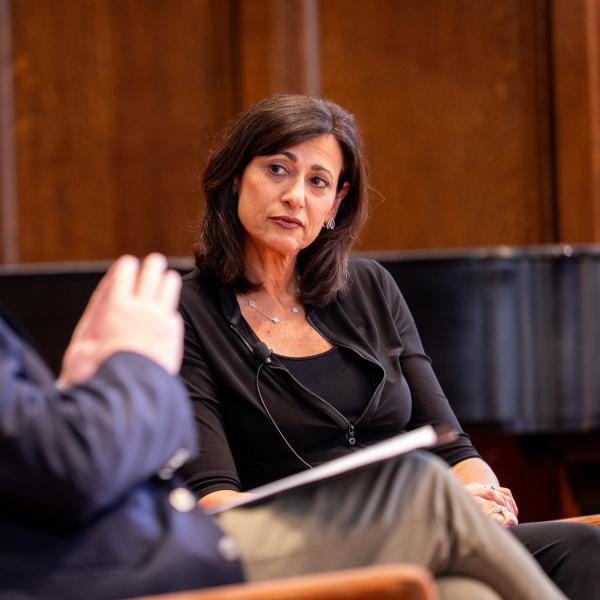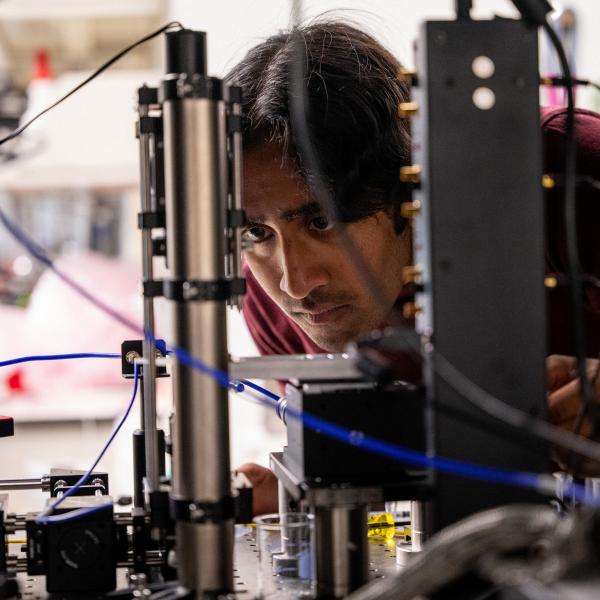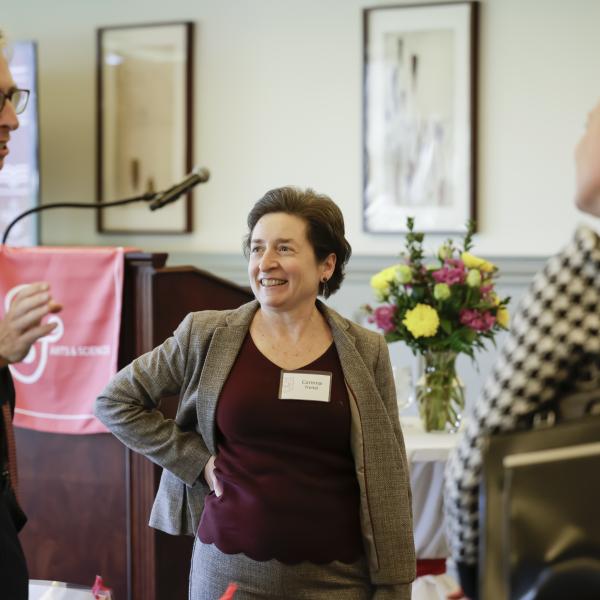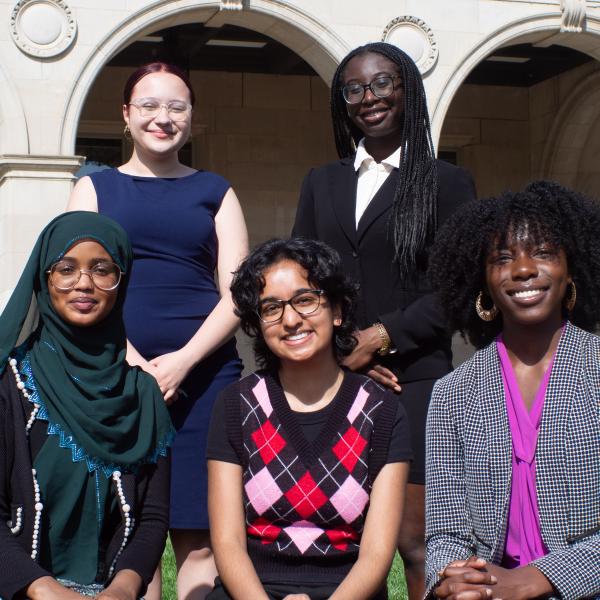Last month, Arts & Sciences hosted a workshop on writing winning grant proposals for faculty across disciplines. The workshop aimed to provide guidance and resources about successful grant-writing strategies.
On two afternoons in March, nearly 70 faculty members from across Arts & Sciences gathered virtually to learn and share advice about an often overlooked but undoubtedly critical part of building a successful research program in any discipline – writing winning grant proposals. External grants are essential for long-term research activities, such as acquiring new equipment, supporting field work and research trips, and hiring students and staff to share the research load. Yet many academics, especially those early in their careers, may not have much experience finding, applying for, and winning research grants.
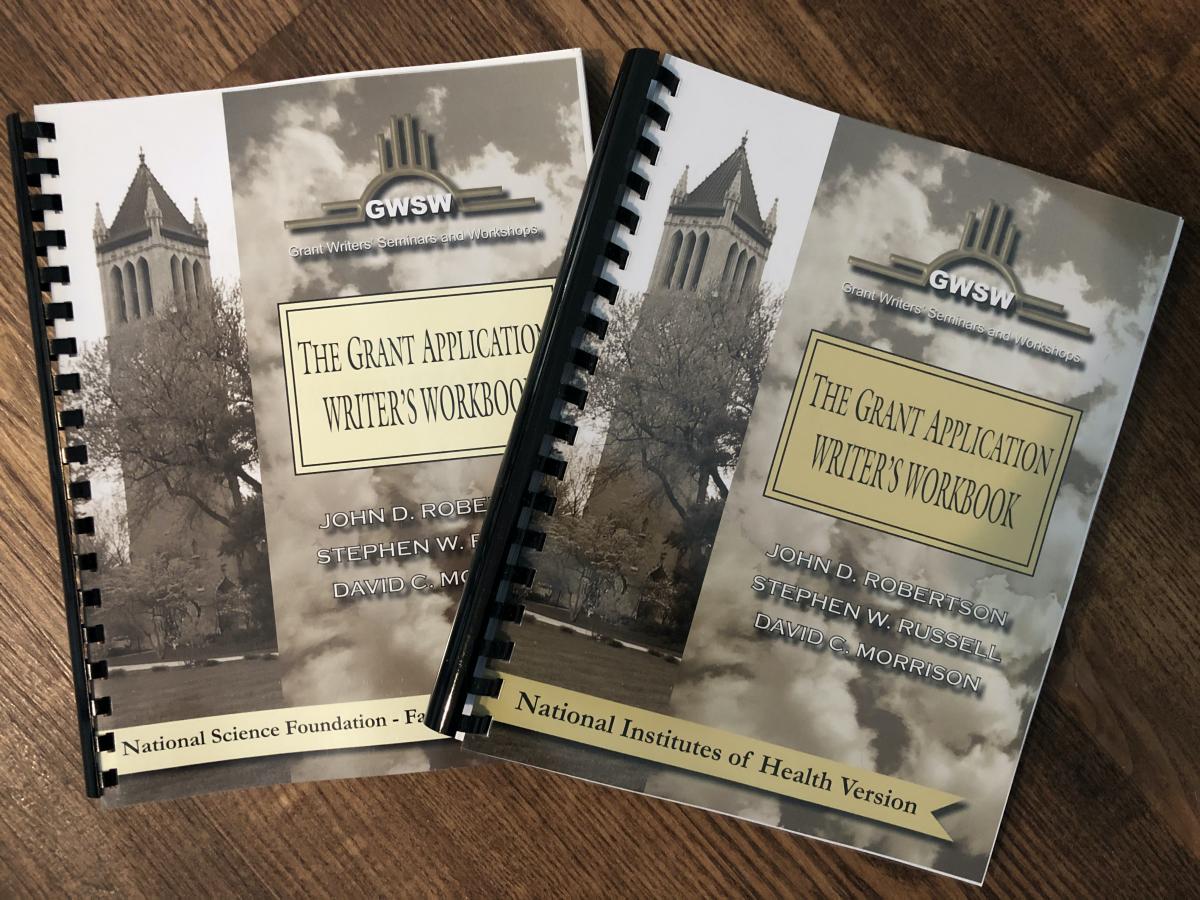
Workshop organizer William Tolman, associate dean of research in Arts & Sciences and the William Greenleaf Eliot Professor of Chemistry, identified increasing grant activity as an important goal for both Arts & Sciences and Washington University more broadly. “Providing better guidance and training to faculty in grant writing could be helpful to them and, if effective, would result in more success in the competitive research grant arena,” Tolman said. “As a result, we would expect to see enhanced external grant income translating into enhanced research activities.”
Tolman engaged Grant Writers’ Seminars and Workshops (GWSW) on the recommendation of colleagues at other institutions and with the enthusiastic support of Feng Sheng Hu, dean of the Faculty of Arts & Sciences. In consultation with Tolman and Hu, GWSW delivered a workshop focused on submitting proposals to the National Science Foundation (NSF) and National Institutes of Health (NIH), two major sources of government grants, particularly for the sciences and social sciences. Lessons from these two common funders can be applied to other government agencies, nonprofit organizations, or private companies that fund research across disciplines.
“My primary goals in organizing this were to provide extensive, detailed, and comprehensive guidance and resources about grant-writing strategies to faculty across A&S and to inspire them to learn and/or rethink how to write successful grant proposals,” Tolman said. “We also wanted to evaluate the seminar experience and see if running GWSW workshops – including personalized help and advice on specific grant proposals for a select few participants – would effectively meet the needs of A&S faculty.”
After the workshop, seasoned and novice grant writers alike reported that they picked up useful tips and practical advice for their next applications. In a post-workshop survey, 81% of respondents reported increased confidence in pursuing competitive funding opportunities, and 86% said the workshop would be a useful part of regular development for faculty and students. In the light of the overwhelmingly positive reception to this workshop, future workshops are already being considered to address more individualized faculty needs.
“As someone with 30 years of continuous funding from NSF and/or NIH and a lot of experience with grant proposal writing, I found that the advice made a great deal of sense, and I even learned some new things!” Tolman said. “A true indicator of effectiveness will be an increase in success rates of submitted grant proposals. Though it may take some time to see those numbers, it’s clear that there’s interest in this kind of support, not only in A&S, but also across other schools, and we are interested in running this or related workshops on a regular basis.”
Upcoming related opportunities include two programs designed to help assistant professors submit competitive proposals to the NSF CAREER program. Led by Kurt Thoroughman, associate professor of biomedical engineering and faculty fellow in the Research Development Office (RDO), the RDO is organizing NSF CAREER Writing Groups to support proposal development and NSF CAREER Mini-Panels to review draft proposals before submission to NSF. These programs build on three earlier NSF CAREER workshops that provided an overview, presentations on broader impacts and educational partners, and a panel of NSF CAREER awardees. Registration for both upcoming programs is required by Monday, April 12.

